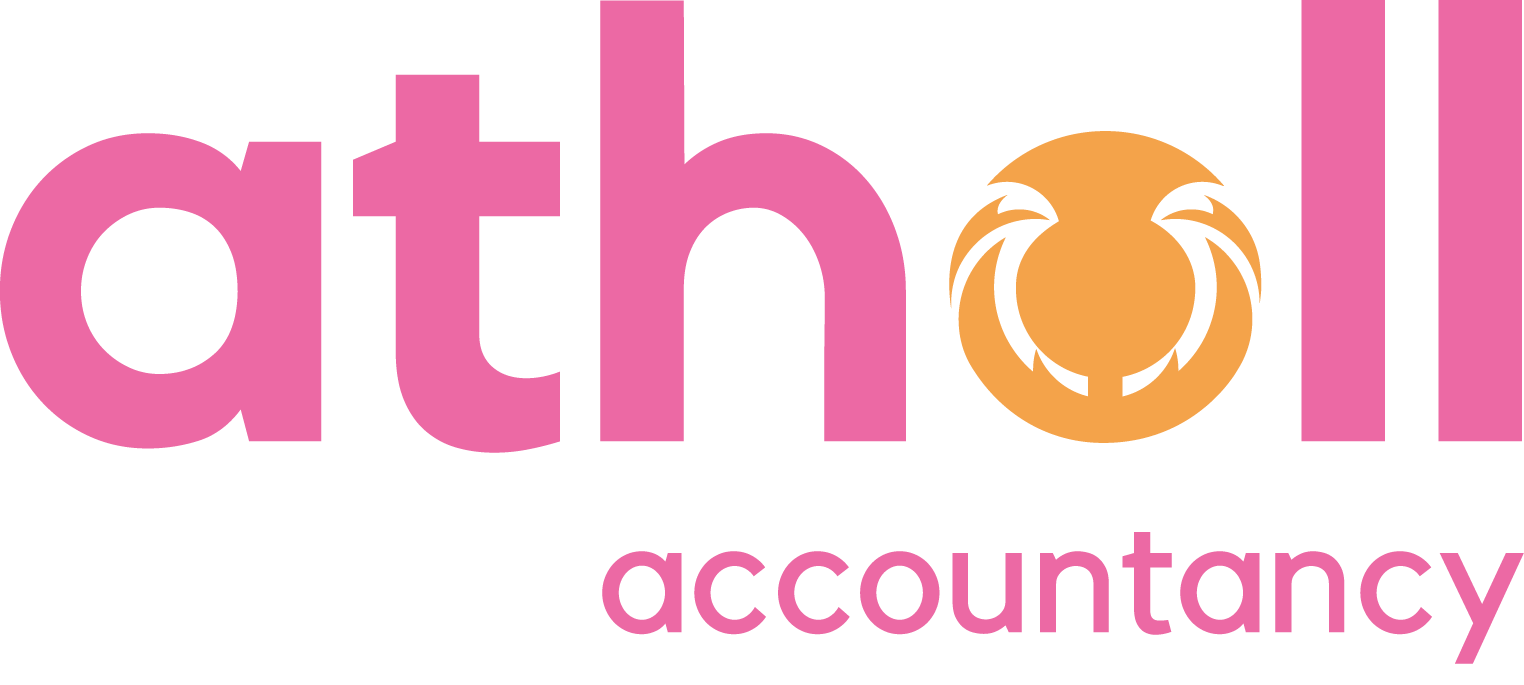If you're a business owner, then you know that keeping your finances in order is of utmost importance. One important task in financial management is reconciling your bank statements. But what are bank reconciliations, and why do they matter? Let's get into it.
What is Bank Reconciliation?
Bank reconciliation is the process of comparing your company's bank statements with your own records of transactions. This is done to ensure that all transactions are accounted for, and to identify any discrepancies.
Why Does Bank Reconciliation Matter?
There are a few reasons why bank reconciliation matters:
• It helps you catch errors: If there are any errors in your transaction records, reconciling your bank statements will help you catch them.
• It helps you to detect fraud: By reconciling your statements, you can keep an eye out for any suspicious activity in your account.
• It allows you to stay organised: Reconciling your statements on a regular basis will help you stay on top of your finances, and keep everything organised.
How to do Bank Reconciliation
Step one: get your bank records. You could do this via your accounting software or by accessing your online statements.
Step two: pull up your business transaction records. This is your ledger of all the money that has entered and left your business over a certain period of time. It could take the form of a spreadsheet, a logbook, or your accounting software.
Step three: choose a starting point. This is usually the point at which you performed your last bank reconciliation.
Step four: run through your bank deposits and ensure that they match up with your records. Each deposit should appear as income on your ledger.
Step five: do the same with withdrawals and expenses. If there are discrepancies, remember that some payments may not yet have been taken, or check to see whether you paid using a different account.
Step six: check your end balance. The final step is to make sure that your ending balance on your bank statement matches up with the balance on your records. If it doesn't, then there's an error somewhere that needs to be fixed.
Problems and Inconsistencies
Every now and then you will come across discrepancies and mystery transactions when you perform bank reconciliations. There's no need to panic - this is totally normal! This is exactly why it's important to perform bank reconciliations regularly.
Common cause of problems when performing bank reconciliations include:
• Timing: Transactions can sometimes take a few days to process, so they might not appear on your records right away.
• Fees: Make sure to check for any fees that might have been charged by the bank. These can sometimes be small and easy to miss.
• Multiple accounts and credit cards: If you have multiple accounts or credit cards, it can be easy to mix up transactions.
• Different currencies: If you do business in different currencies, then exchange rates can cause discrepancies.
• Mistakes: keystroke errors, misread numbers and other human errors can all lead to discrepancies in your records.
The important thing is to not get discouraged - bank reconciliations are an important part of financial management, and the more you do them, the easier they'll become. And if you ever come across a problem that you can't solve, don't hesitate to ask your accountant, bookkeeper, or financial advisor for help.
Bank Reconciliation Software
If you want to make bank reconciliation easier, there's a range of software available that can automate the process. This type of software can be particularly useful for businesses with a large number of transactions. Some of the best ones include:
• Xero
• QuickBooks
• FreshBooks
• Wave
• Sage
Final Thoughts
Doing bank reconciliations on a regular basis is an important task for any business owner. It helps you catch errors, prevent fraud and stay organised. And while it might seem like a daunting task, it's easy when you know how - especially if you use the right software.
Happy reconciling!
